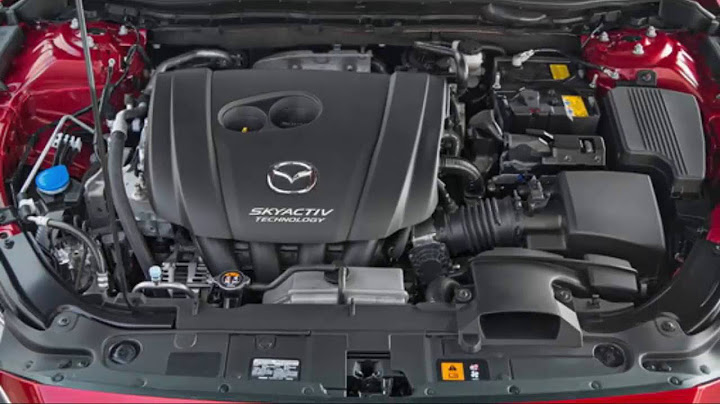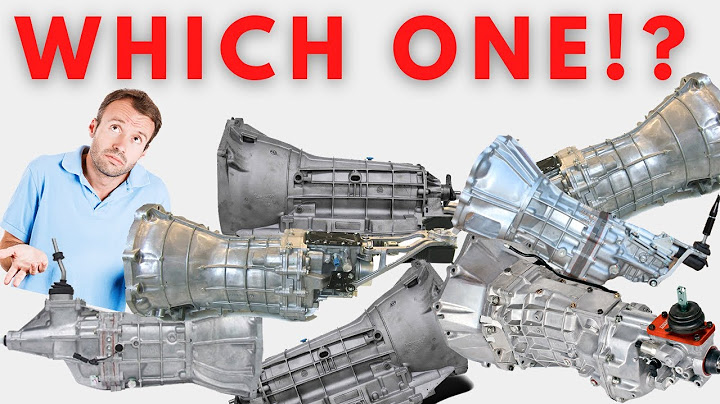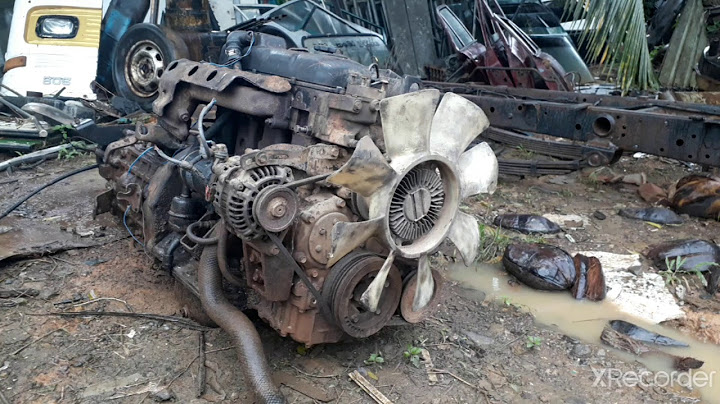All modern vehicles have an HVAC system, which stands for “heating, ventilation, and air conditioning”. It’s housed in an elaborate plastic box under the dash of the vehicle, and has various internal chambers, hoses, vents, actuators, and so forth. Most modern vehicles have a cabin air filter in the HVAC system, which filters the air that the blower motor pushes through the system. Show The purpose of the filter is to clean particulates from the air and prevent debris from collecting in the HVAC box, whether it’s fresh air from outside or recirculated air from inside the vehicle. One of the advantages is that the interior of the HVAC box stays cleaner. It is normal for condensation to build up inside, particularly in the area of the AC evaporator, which causes moisture to build up. In a clean environment, this causes no problem, but if the inside of the HVAC box is full of dust and debris from outside, it can mold and cause unwanted smells. A disadvantage of a cabin air filter is that it restricts airflow to some extent. The blower has to work harder to move air through the filter, and if a filter becomes clogged or if a replacement is overdue, the amount of air circulated can become very much reduced. This is also one of the ways to tell if a cabin air filter needs replaced; if the airflow through the vents is inadequate, the cabin air filter may need to be changed. Most of the time the filter fits into a slot in the HVAC box which has a little door covering it, and it is usually straightforward to replace. In some vehicles, there is a slot or carrier for the filter, but there is no filter, as the filter was an optional feature on some models. Cost of Cabin Air filter ReplacementOn average it costs about $70 to replace a cabin air filter at a service facility. At a dealership, the average cost is closer to $100. If you just want to purchase one at an auto parts store, the cabin air filter price is about $18, on average. For some specific examples of the costs on some common vehicles: For a 2009 Toyota Camry, the cabin air filter is in a slot right behind the glove box door. A factory cabin air filter lists for $39, while a standard aftermarket filter is about $18, and an upgraded filter (with an integrated carbon filter, or pollen filter, or HEPA filter rating) costs about $30. The labor to replace it is between $40 and $60. For a 2010 Ford Escape, the cabin filter is underneath a cover under the passenger side cowl, and the labor to replace it is usually about $70. A factory cabin air filter costs about $30, a standard aftermarket replacement filter costs about $15, and a premium filter with pollen protection costs about $28. This makes the job a little under $100 in most places. For a 2012 Chevrolet Cruze, the cabin air filter is behind the glove box door, and the labor to replace it is usually around $40. A factory cabin filter costs about $34, a standard aftermarket filter costs about $18, and a premium HEPA filter costs about $50. This makes the job between $58 and $90 in most places. Replacing Your Own Cabin Air Filter It’s worth saying, a cabin air filter is one of the easier things to replace. In most cases, as with the air filter, it’s made to be checked and serviced regularly (usually not even requiring tools), and most vehicle owners should be able to manage the job. On most vehicles, there is a simple procedure to drop the glove box door down, and then a couple of tabs to push to remove the cabin filter door behind it. Exact procedures are often in the owner’s manual, and also available online for any given model of car. The first time a person replaces their own filter it might take a half-hour. The second time it might take ten minutes, and require very little thought or trouble. Of course, there’s nothing wrong with choosing to have a shop replace the filter, but for this item, it’s a little harder to justify paying a $100 per hour labor charge; there just isn’t that much expertise required. FAQHow can I tell if the cabin air filter needs replaced? A clogged cabin air filter restricts airflow, and the vents may not blow very well. Also, in most places, the cabin air filter will be checked when the oil is changed, which is a frequent enough schedule. Can I replace the cabin air filter myself? Usually yes, they’re made to be serviceable without tools or too much trouble. The owner’s manual should have a guide to replacing the cabin filter, and online guides are common. Is it better to use an OE filter? Any good quality filter should be fine. In many cases, aftermarket filters can be found with better features (such as HEPA filtration) than the OE filter, at about the same cost or less. What if I don’t use a cabin filter at all? Everything still works, and if the vehicle is driven in a clean environment it may make no difference. But keep in mind – without a filter, whatever dust or pollen or debris there is outside the vehicle winds up inside the vehicle, if the HVAC is set to “fresh air”. How much does a cabin air filter change cost?Cabin air filter costs will vary based on the make and model of your vehicle, but the average range is between $30 – $70. If your vehicle is still under warranty, you may be able to have the filter changed at an authorized dealership for little to no cost.
How often do cabin and engine filters need to be replaced?Most manufacturers recommend a replacement every 15,000 to 30,000 miles under normal operating conditions. A cabin air filter does not have a specific service life, since cars operate at different intensities, and you should change it as needed.
Is the engine and cabin air filter the same?A cabin air filter cleans the air that passes through the heating, ventilation, and air conditioning systems. An engine air filter keeps dirt, dust, sand, and other contaminants from getting inside the engine.
Does cabin air filter affect engine?Poor Function of HVAC System - A cabin air filter left beyond its life span will make a vehicle's HVAC system work significantly harder, which can cause the engine to burn up.
|

Related Posts
Advertising
LATEST NEWS
Advertising
Populer
Advertising
About

Copyright © 2024 en.ketajaman Inc.


















